Photography courtesy of Lowell Washburn, all rights reserved.
Following an extended stretch of abnormally mild temperatures, the summery atmosphere ended abruptly as a fast-moving Canadian cold front invaded Northern Iowa December 6. By sunrise Monday, temps were headed for the basement as thermometers plunged to the lower single digits. Northwest winds — gusting to as high as 50 mph — effectively dropped wind chills into negative values.
For North Country trumpeter swans, the signals were clear. It was time to head south. Southbound flocks varying in size from small family groups to gatherings containing twenty or more were soon dotting the Iowa skies.
With only a couple of days remaining in this year’s [North Zone] duck season, I was making the most of the glorious weather front by attempting to bag a web-foot or two. And although I was successful in shooting a couple of mallards and a single bonus goose, it is the swan migration that I will remember the most. By mid-morning, the swans seemed to be everywhere. I later learned that virtually every lake and marsh that still contained bits of open water had attracted at least some of the huge migrants.
I was hunkered down at Cerro Gordo County’s Mallard Marsh, located near Fertile, where swan numbers peaked with more than 160 of the magnificent birds riding the open water. Trumpeter swans are huge waterfowl [males may exceed 30 pounds] and are equipped with a voice to match their size. The vocalizations were incredible; and the swans’ combined trumpeting easily outcompeted the roaring wind which, in itself, was like standing next to a passing freight train.
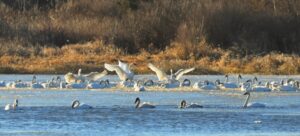
When the winds eventually subsided on Monday night, Mallard Marsh, Clear Lake and virtually every other wetland across Northern Iowa froze solid. Moving out sometime during the night, the swans continued their journey. By daybreak Tuesday, the spectacular concentration of swans and the incredible music that accompanied them was gone. Gone, but not forgotten.

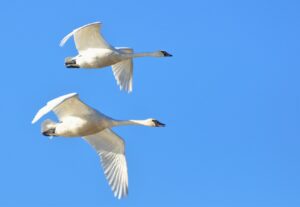
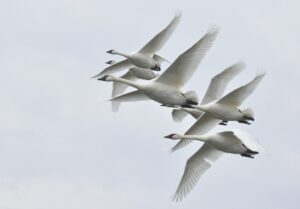
 Susan Judkins Josten
Susan Judkins Josten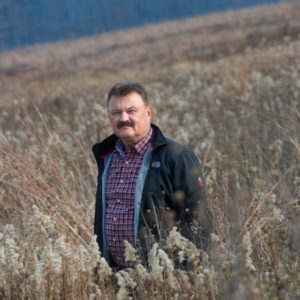 Rudi Roeslein
Rudi Roeslein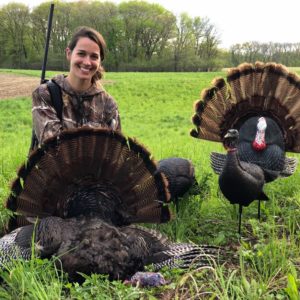 Elyssa McFarland
Elyssa McFarland Mark Langgin
Mark Langgin Adam Janke
Adam Janke Joe Henry
Joe Henry Sue Wilkinson
Sue Wilkinson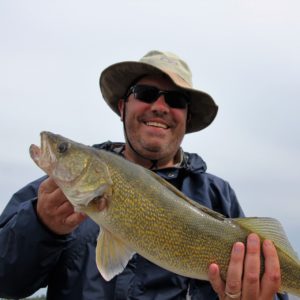 Tom Cope
Tom Cope Kristin Ashenbrenner
Kristin Ashenbrenner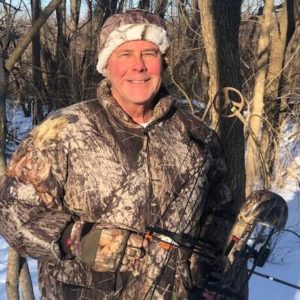 Joe Wilkinson
Joe Wilkinson Dr. Tammy Mildenstein
Dr. Tammy Mildenstein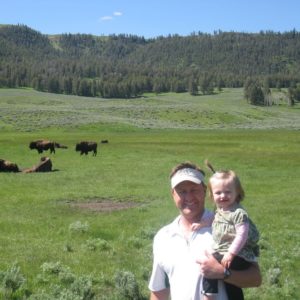 Sean McMahon
Sean McMahon